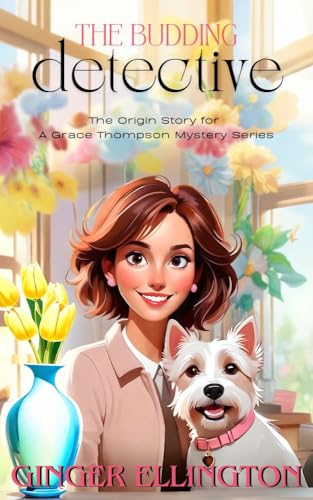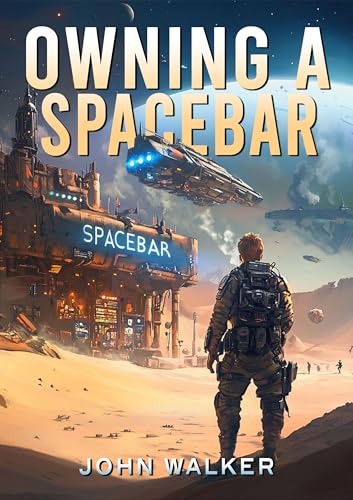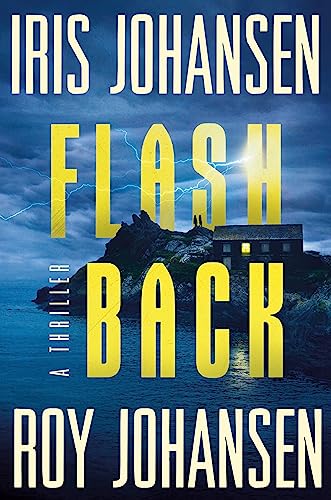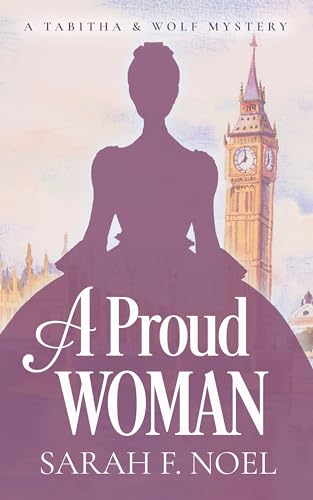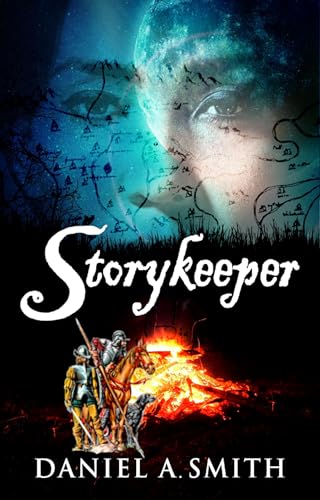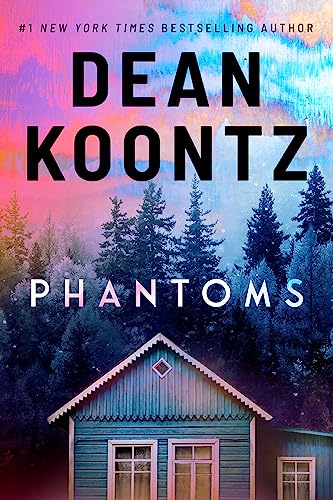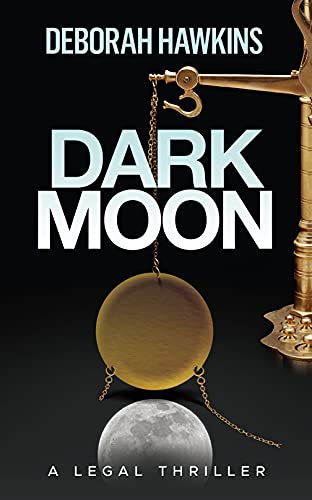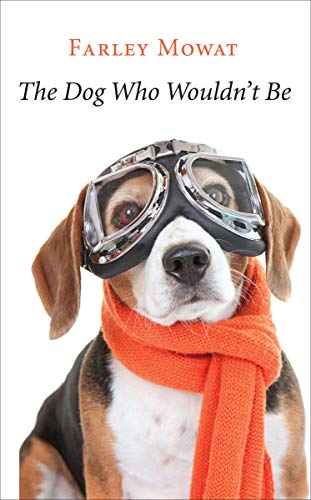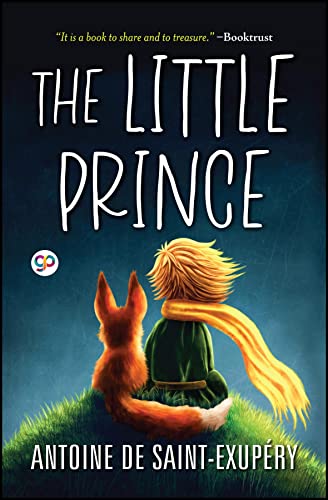Family Book of The Day:
The Dog Who Wouldn’t Be
Funny and poignant, The Dog Who Wouldn’t Be is a lively portrait of an unorthodox childhood and an unforgettable friendship. Growing up in on the frontier of Saskatoon, Canada, the legendary adventurer and naturalist, Farley Mowat, received a gift from his mom: a dog she bought for four cents. Farley quickly named him “Mutt.”
Mutt displayed skills at hunting and retrieving that were either pure genius or just plain crazy—once going so far as to retrieve a plucked and trussed ruffed grouse from the grocer. Mutt also loved riding passenger in an open car wearing goggles and climbing both trees and ladders — the perfect companion for a child with a love for animals and misadventures.
Today’s Book of The Day is sponsored by this week’s Kids’ eBook of The Week:
The Little Prince
First published in 1943, The Little Prince by Antoine de Saint-Exupéry has been translated into more than 250 languages, becoming a global phenomenon.The Sahara desert is the scenery of Little Prince’s story. The narrator’s plane has crashed there and he has scarcely some food and water to survive. Trying to comprehend what caused the crash, the Little Prince appears. The serious blonde little boy asks to draw him a sheep. The narrator consents to the strange fellow’s request. They soon become friends and the Little Prince informs the pilot that he is from a small planet, the asteroid 325, talks to him about the baobabs, his planet volcanoes and the mysterious rose that grew on his planet. He also talks to him about their friendship and the lie that evoked his journey to other planets. Often puzzled by the grown-ups’ behavior, the little traveler becomes a total and eternal symbol of innocence and love, of responsibility and devotion. Through him we get to see how insightful children are and how grown-ups aren’t. Children use their heart to feel what’s really important, not the eyes.Heart-breaking, funny and thought-provoking, it is an enchanting and endlessly wise fable about the human condition and the power of imagination. A book about both childhood and adulthood, it can be read as a parable, a war story, a classic children’s fairy-tale, and many more things besides: The Little Prince is a book for everyone; after all, all grown-ups were children once.


